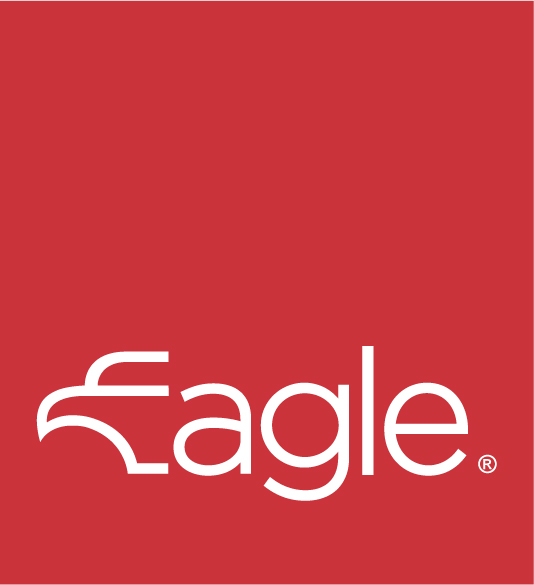Glove Supply 2024: Navigating Change
Reflecting on last year, New Zealand faced a global glove supply chain challenge—the surplus of subpar gloves following the pandemic overstock. The surplus posed risks of product contamination or recalls for businesses. It also raised concerns for glove wearers, potentially leading to skin and muscular problems due to chemical irritants and poor glove flexibility.
In 2024, as the oversupply dwindles and health and safety issues surrounding gloves come to light, consumers and businesses are expected to prioritise higher quality. Purchasing departments will also become more conscious of the safety, efficiencies and cost advantages associated with quality gloves. Here are some key changes expected in the coming year:
-
Quality Assurance: Customers are expected to request rigorous quality testing and independent certifications to address risks encountered in 2023. By designating gloves as vital for maintaining the highest safety standards in food HACCP plans, similar to FDA-defined zone 1 surfaces, it will ensure a steady provision of high-quality gloves meeting stringent safety criteria.
-
Customisation: Industries are progressively seeking customisation options, including colour, textures, fit, and length; specifically tailored to the individual needs of glove wearers and businesses. This approach ensures gloves are optimised for differing processes and tasks, offering enhanced protection against cross-contamination and recalls.
-
Transparency: A shift towards enhanced transparency in supply chains is becoming the norm, driven by the influence of the FDA’s new traceability legislation. This trend involves providing detailed information on glove sourcing, manufacturing, and independent testing, contributing to heightened levels of safety and accountability.
-
Education & Support: Glove suppliers will offer comprehensive education and support programs to ensure businesses are well-informed on optimal glove usage, safety protocols, and best practices, mitigating potential glove-related issues.
- Sustainability: The problems associated with poor-quality gloves, including ripping and diminished performance can result in contamination, staff inefficiencies, and increased waste. This is leading to a rising demand for sustainable glove alternatives by New Zealand businesses.
Heading into 2024, Eagle Protect remains committed to providing the highest-quality gloves and the support needed to ensure the safety and well-being of staff, products and patients. We are enthusiastic about leading positive changes in our industry and look forward to meeting the unique needs of our New Zealand customers.


